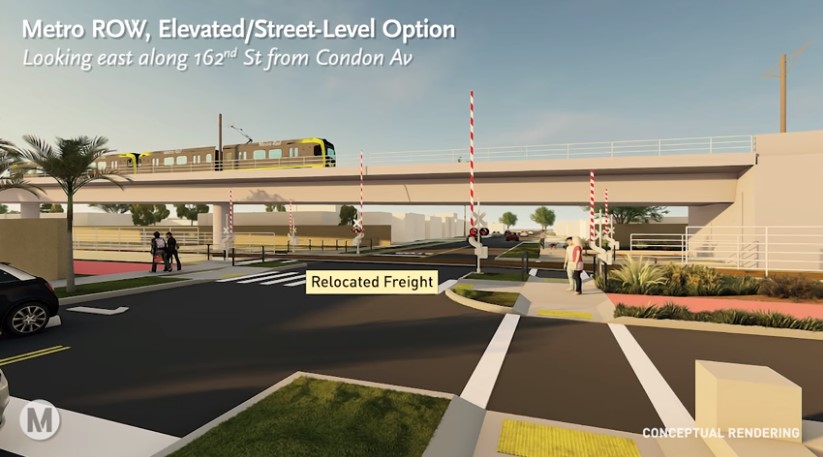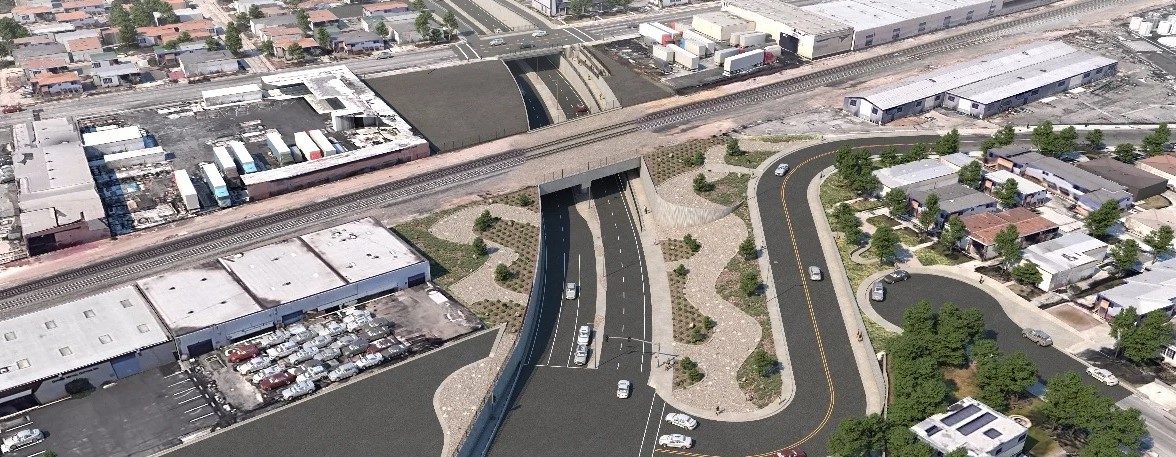As today's post from Seattle Transit Blog
acknowledges, criticizing the place where someone lives is one of the
surest ways to create division and contention when discussing planning
issues:
If
I criticize a portion of Bellevue’s cul-de-sac development, a commenter
is just as likely to deride my urban elitism as seriously analyze the
serious consequences of that development.
But development is not done in a vacuum. The policies that
favor highway expansion over transit expansion indeed favor sprawl. The
lack of strong building codes in expanding suburbs leads to cul-de-sacs
or strip-malls that block shared access with egregious shrubbery and
ditches. We all know what it’s like to have to get in your car to go to
the Baskin Robbins in the next strip mall over. Is this an
example of freedom? Not socio-economically, for certain. Not if you
prefer to walk than drive. And certainly this lack of oversight is not
the best choice for the planet.
But the problem isn’t the
suburbs themselves. It’s not even the suburbanites that occupy those
houses and drive everywhere. The problem is the government policies that historically let developers do nearly anything
with cheap land. It has been a failure at the federal, state, regional,
and local levels that we cannot mindlessly blame on suburbanites
themselves. Indeed, suburbs are a natural part of the metropolitan framework.
Auto-dependency
is not: therefore it is a product of poor governmental policies which
are a form of social engineering that have accelerated climate change
and have led to things like suffering through congestion
as a requirement to get to work.
...[W]e want our suburban readers to know: You are not the enemy.
What
do you think? Has the national mood shifted sufficiently that we can
have civil, productive discussions on this topic without hurt feelings
getting in the way on either side, urban or suburban? Can we get past
the stereotypes and start implementing policies that will reduce
auto-dependence in suburbia? Or does it all get too personal too
quickly?
In other contentious and not-so-contentious matters around the network, DC Bicycle Transportation Examiner advises GM to keep its P.U.M.A. out of the bike lane; Austin Contrarian crunches some numbers on "job sprawl"; and Discovering Urbanism looks to Charleston and Savannah for urban policy innovations.





